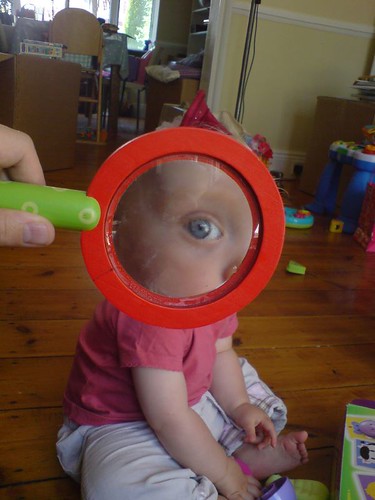Social media amplifies everything
Social media takes a magnifying lens to everything. It makes everything appear bigger and closer (kind of like your side view mirrors).

You’ve probably heard that social media serves to amplify your message. You tell your friends on Facebook, and they then share it with their friends, and so on. I have come to realize that social media amplifies more than your message. It amplifies mistakes, personality traits and business smarts (or lack thereof).
Mistakes
You used to be able to slip up and it would be forgotten. Not any more. Now, someone will catch your mistake, and put it on Twitter or YouTube. And then people will share that. And before you know it, everyone knows of your mistake. Perhaps forgiven, but not forgotten.
Personality traits
Are you an angry person? You will appear even angrier when trying to contain your ire to 140 characters. Your nastiness will be contained and then disseminated. Are you rude? Not only will the person appalled at your belching at the dinner table know about it, but everyone else will too. Self-centered? It will be evident in endless self-promotional posts. On the other hand, if you are a connector or naturally gregarious, it will be evident because you will have 1000s of followers.
Business know-how
Do you answer your customer queries? If you don’t do it regularly and quickly, it will be even more apparent on social media channels. People will complain. And since you aren’t used to replying quickly, the problem will grow.
Not sure what social media is for and ignoring it? You can be sure others will not be. You will either look like a fool or lose customers.
For example, today I was looking at service providers “website.” All it was a poorly formed WordPress site. There was no contact information. None. No listing of services. No reason why I should hire. In short, it was a disaster. I found a Twitter handle, and tweeted. No response. Better to not be on the web at all!
Remember that social media gives people the ability to share the good and the bad about you. Small can become big. And that can be a good thing, or it can be a disaster. Your choice!
Don’t miss out! Sign up for the next How to blog workshop, taking place on May 17. Details and registration here.
